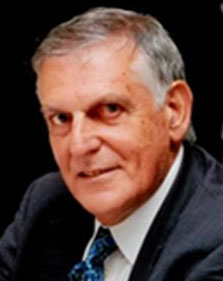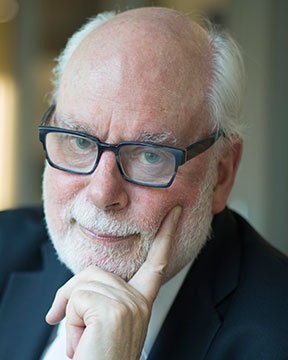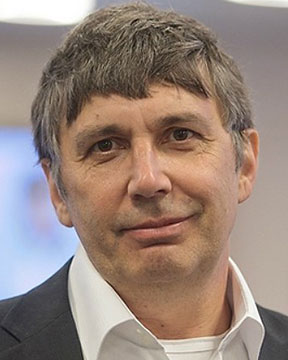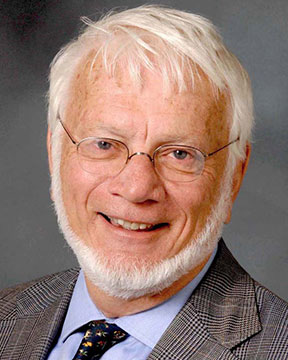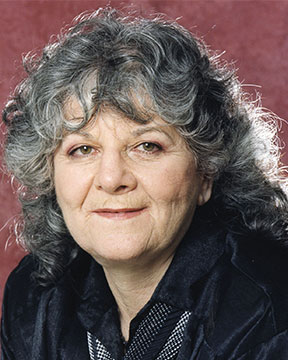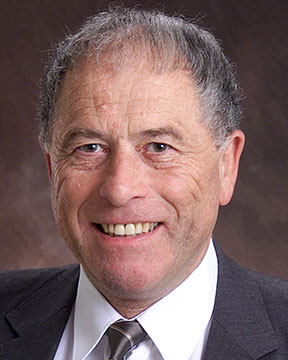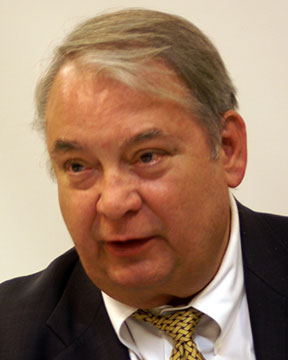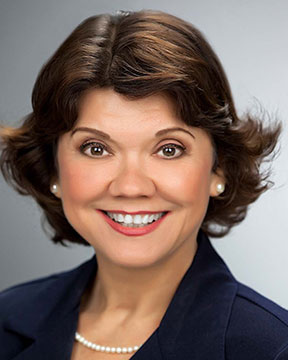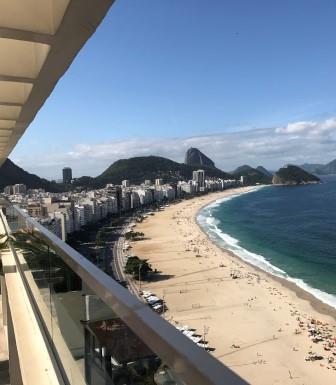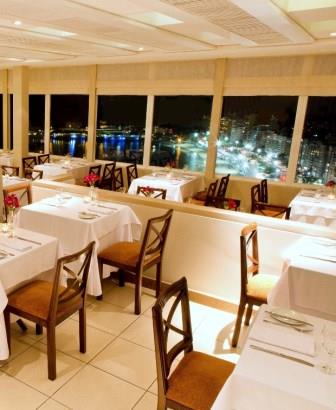MAMALIS INTERNATIONAL SYMPOSIUM
International Symposium on Advanced Manufacturing of Advanced Materials and Structures with Sustainable Industrial Applications

Bio | CV | Publications
This major symposium is in honor of the distinguished work and lifetime achievements of Academician Prof. Dr.-Ing. Dr.h.c. Prof.h.c. Athanasios G. Mamalis, who is internationally renowned in the area of Advanced Manufacturing of Advanced Materials.
As a Mechanical and Electrical Engineer graduated from the National Technical University of Athens (NTUA), and with a M.Sc. and Ph.D. in Mechanical Engineering / Applied Mechanics from the Victoria University of Manchester Institute of Science and Technology (UMIST), he is currently directing the Project Center for Nanotechnology and Anvanced Engineering (PC-NAE), a Greek / Russian research initiative. He is also Emeritus Professor and Founder, and Director for 30 years, of the very sophisticated Laboratory of Manufacturing Technology of the NTUA- so far the largest research laboratory dedicated to manufacturing, materials science, and engineering in Greece. In that respect, he acted as coordinator of a large number of collaborative international research projects. Six years ago, he initiated the establishment of the "Shockwaves Cluster", involving current cooperation between Greece, Russia, USA, Germany, Japan, China, Hungary, Ukraine and Turkey (and fast growing at international level), which provides the opportunity to specialists from Universities, Research Centers, and Industry of various countries worldwide to establish cooperation and to share knowledge and experience in the broad area of the advanced manufacturing of advanced materials and structures, mainly associated with high strain-rate phenomena and treatment under shock, focusing, in particular, on the relevant industrial sectors listed below.
Prof. Mamalis has had vast industrial experience, including: Chief Engineer/Technical Manager in Steel- and Pipeworks in Germany and Greece for several years; Technical Consultant in Metal Forming Machinery in Germany for over a decade; National Representative in the EU European Coal and Steel Community (ECSC) (CRT/CDT Committees) for 15 years; over 50 years of cooperation in research and industrial activities with the American-, British-, German-, European Union-, Japanese-, Ex Soviet Union Republics-, Hungarian- and Greek-Industries. After his initial industrial employment, he moved to the academic sector for over 40 years, with Visiting Professorships at: Cambridge University, England; Universitat Hannover, Germany; RWTechnische Hochschule Aachen, Germany; Carleton University, Ottawa, Canada; and Full Professorships at: Michigan Technological University, USA; National Technical University of Athens, Greece.
Prof. Mamalis has received numerous academic degrees and Awards worldwide, including: Elected Member of various Academies of Sciences; Honorary Professor (multi); Honorary Doctor (multi); Fellow/Member of any international Scientific Organizations and Journals (Editorial Board); Citations in the USA, UK, Europe, Hungary, Japan, Greece etc. His published research work consists of 32 Books and Monographs, 12 Textbooks, over 550 Papers in referred Journals and Conference Proceedings, and 2 Patents, worldwide.
Reflecting these outstanding career achievements, this International Symposium, featuring plenary, keynote, and contributed talks, will cover the theoretical, experimental, and sustainable industrial aspects of the scientific fields in which Prof. Mamalis has worked in during his academic and industrial career, namely:
- Mechanics (Structural plasticity, Low / High speed impact loading, Hypervelocity impact, Shock-waves loading)
- Precision / Ultraprecision manufacturing from macro-, micro- to nanoscale (Metal forming, Metal removal processing, Surface engineering / Wear, Non-conventional techniques)
- Nanotechnology / Nanomaterials manufacturing
- Ferrous and non-ferrous (Metals, Ceramics, Superhard, Polymers, Composites, Multifunctional),
materials from macro- to nanoscale (Nanostructured materials, Nanoparticles, Nanocomposites)
- Powder production and processing technologies (High strain-rate phenomena and treatment under shock: Explosives, Electromagnetics, High temperature / high pressure techniques)
- Biomechanics / Biomedical engineering
- Transport / Crashworthiness of Vehicles: Passive and active safety for passengers and cargo (Surface transport: Automotive, Railway; Aeronautics: Aircraft, Helicopters)
- Energy (Superconductors, Semiconductors, Electromagnetics, Solar cells, Photovoltaics, Nuclear reactors)
- Environmental aspects (Impact on climate change: Nanotechnology; Automotive industry; Aeronautics industry)
- Safety (Detection of explosives and hazardous materials)
- Defense (Ballistics, Projectiles hitting targets).
Contributions covering all aspects of Prof. Mamalis' robust experience are welcomed, including both fundamental experimental and theoretical research, as well as applications to manufacturing and production.
Contributed articles will be double peer-reviewed and published in Conference Official Proceedings, with an ISBN and an ISSN number and available through many indexes such as Scopus, EI index, Google Scholar, CiteSeerX etc. Selected contributed articles will also be published in reputable Journals.
ROUND TABLE DISCUSSIONS
A round table discussion open to everyone interested will be organized during the symposium. This will allow high level representatives of various industries, technologies, and academic disciplines to discuss and debate freely, without reservations, all topics of this symposium and identify possible research and development pathways towards a future industry with increased sustainability. Click
here for a description of the topics of symposium and the round table.
You are cordially invited to actively participate in this symposium by submitting and presenting a paper, or by attending the round table. We look forward to meeting you at the Rio Othon Palace in Rio de Janeiro, Brazil, on 4-7 November 2018.
Click here to see the detailed scope and topics.
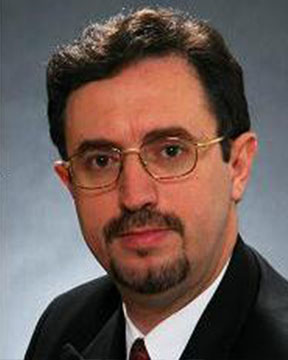
Florian Kongoli
FLOGEN Technologies
Canada
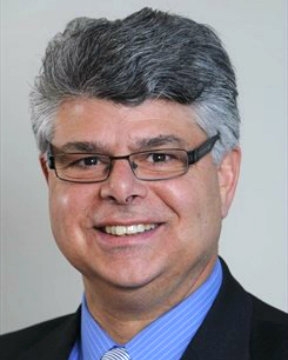
Demetrius Tsafaridis
CareGo Holdings
Canada
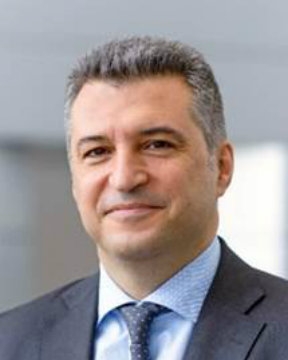
Emmanuel Kakaras
Mitsubishi Hitachi Power Systems Europe GmbH
Germany, [Bio]
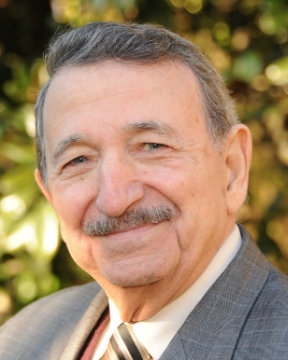
Mostafa A. El-Sayed
Georgia Inst. of Technology
USA, [Bio]
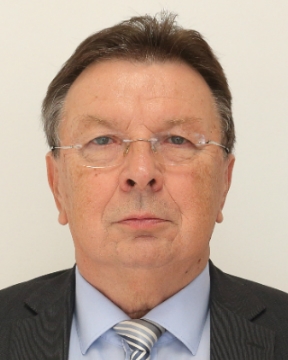
János Kundrák
U. of Miskolc
Hungary, [Bio]
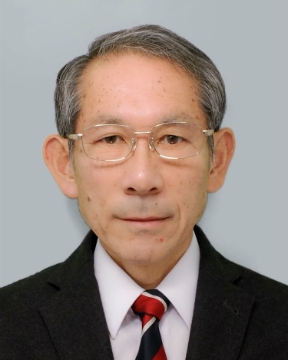
Tatsuo Sawada
Keio U.
Japan, [Bio]
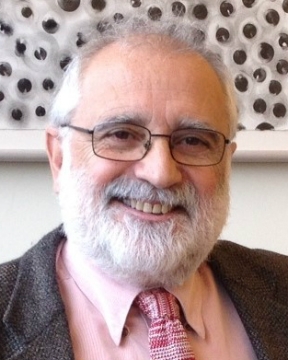
James C. Seferis
Polymeric Composites Laboratory
USA, [Bio]
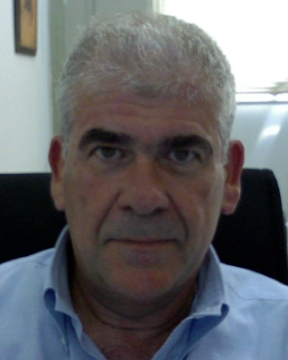
Evangelos Hristoforou
National TU of Athens
Greece, [Bio]
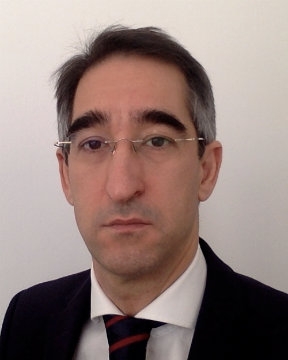
Mojtaba Moatamedi
U. of Manchester
UK, [Bio]
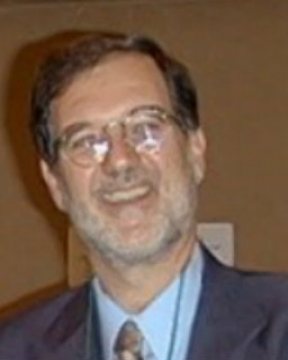
Constantine Papaspyrides
NTUA
Greece, [Bio]
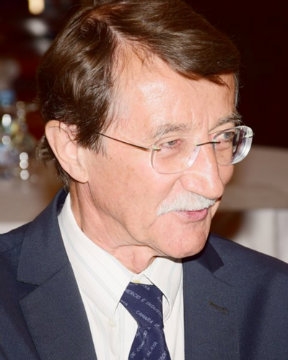
Andras Szalay
S-Metalltech 98 Materials Research and Development Ltd
Hungary
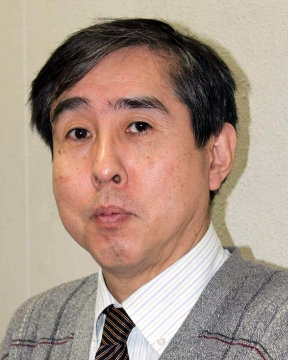
Kazuyuki Hokamoto
Inst. Pulsed Power Science
Japan, [Bio]
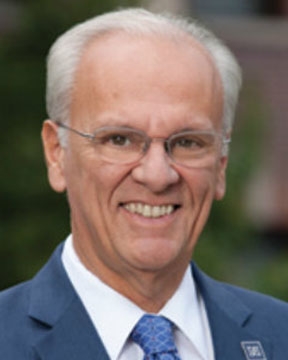
Manos Maragakis
U. of Nevada, Reno
USA, [Bio]
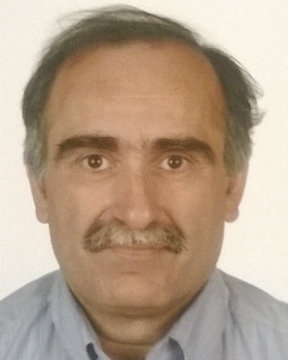
Antonios G. Kladas
NTUA
Greece, [Bio]
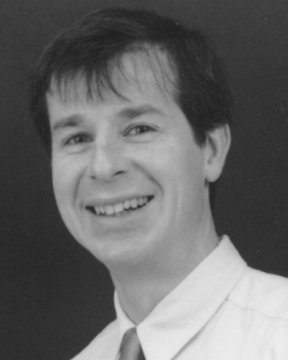
Jeremy Ramsden
U. of Buckingham
UK, [Bio]
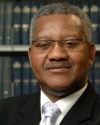
Clive Chirwa
PPA Group
UK, [Bio]
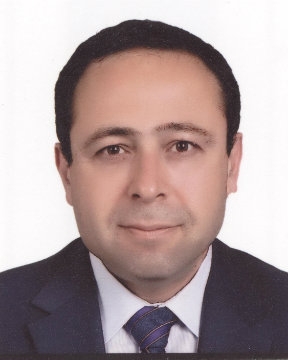
Mustafa Guden
İzmir Inst. of Technology
Turkey, [Bio]
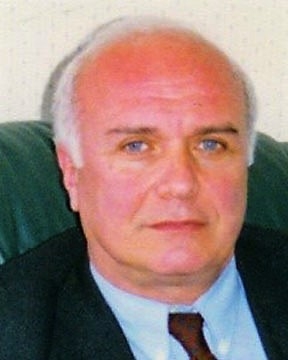
Paata Kervalishvili
Georgian Technical U.
Georgia, [Bio]
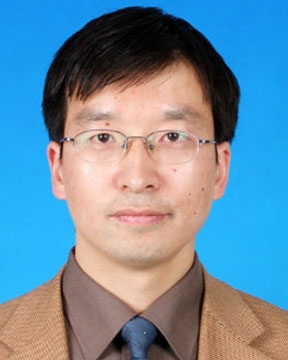
Pengwan Chen
Beijing Inst. of Technology
China, [Bio]
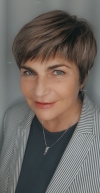
Tetiana Prikhna
Inst. for Superhard Materials
Ukraine, [Bio]
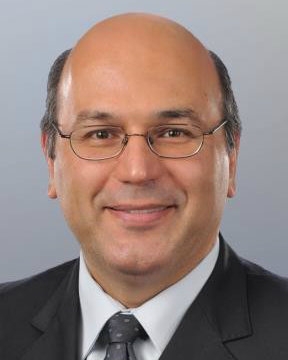
Dimitris C. Lagoudas
Texas A&M U.
USA, [Bio]
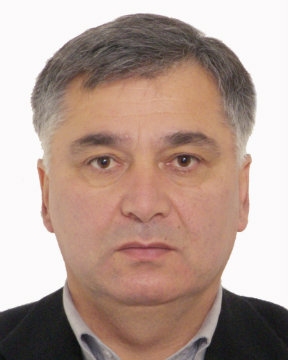
Nikoloz Chikhradze
G. Tsulukidze Mining Inst.
Georgia, [Bio]
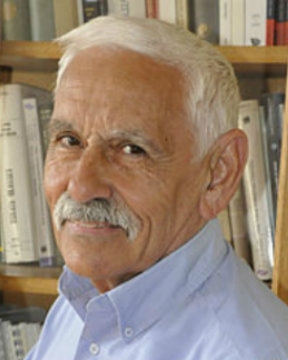
Bernard Raveau
U. of Caen
France, [Bio]


